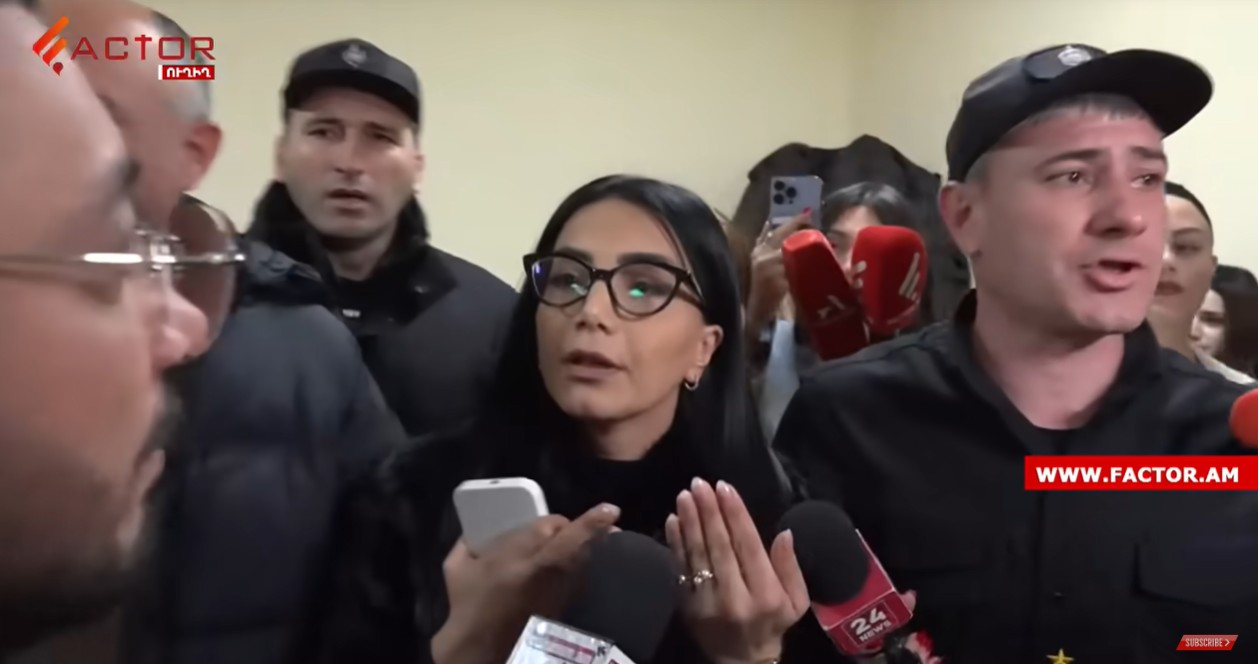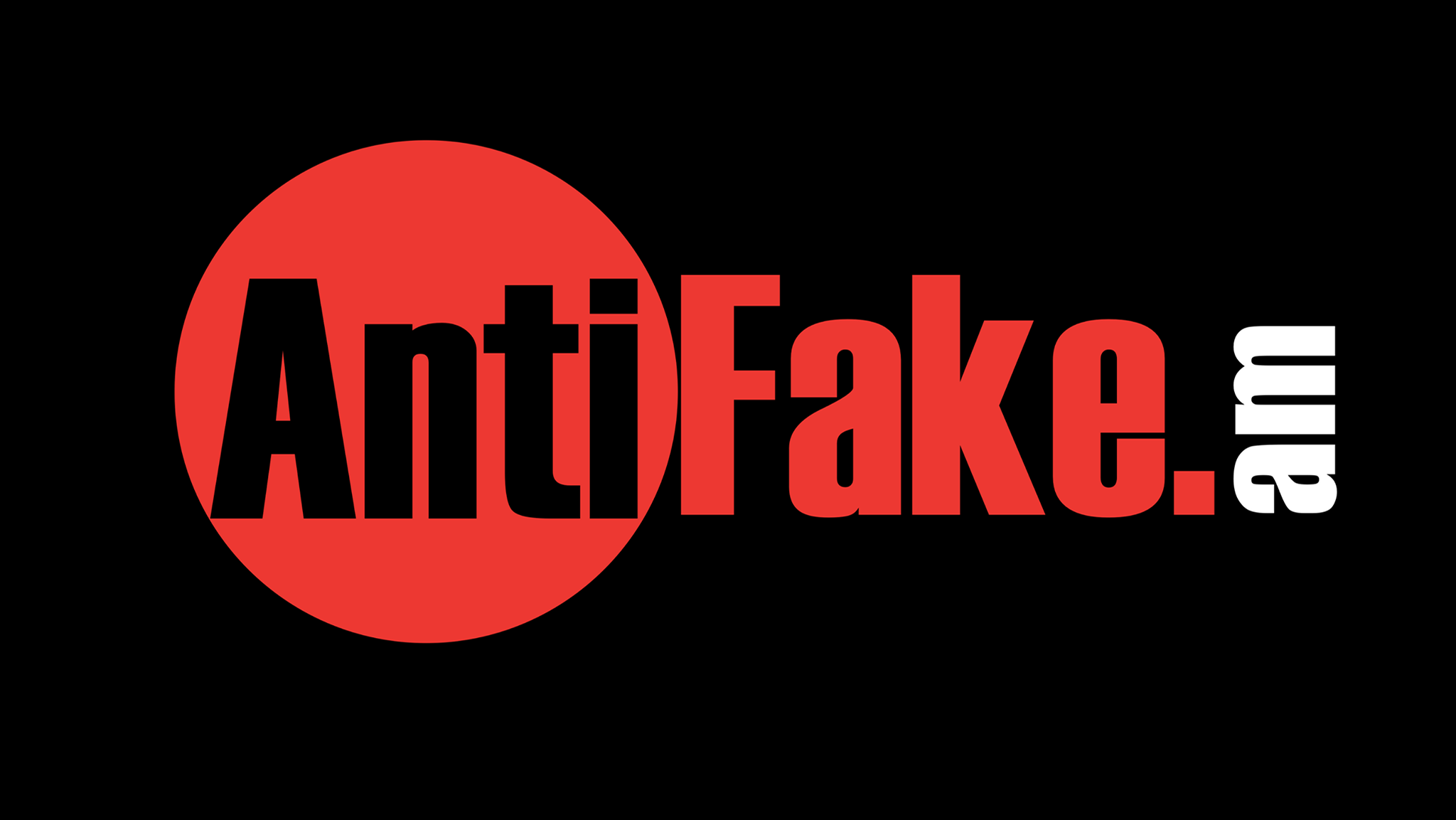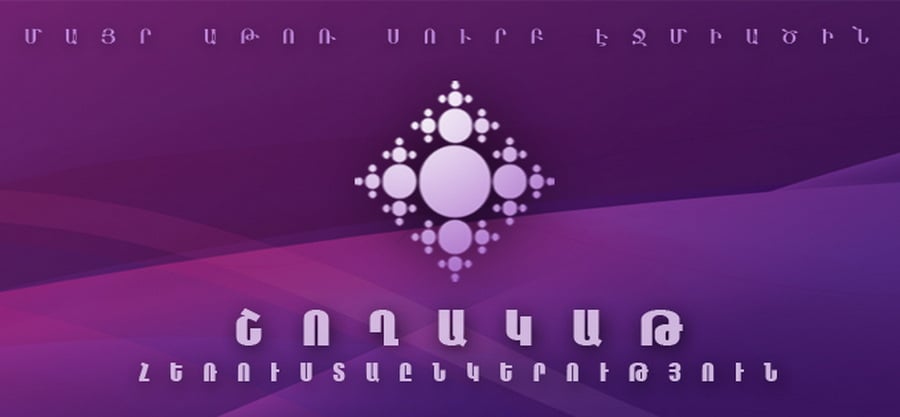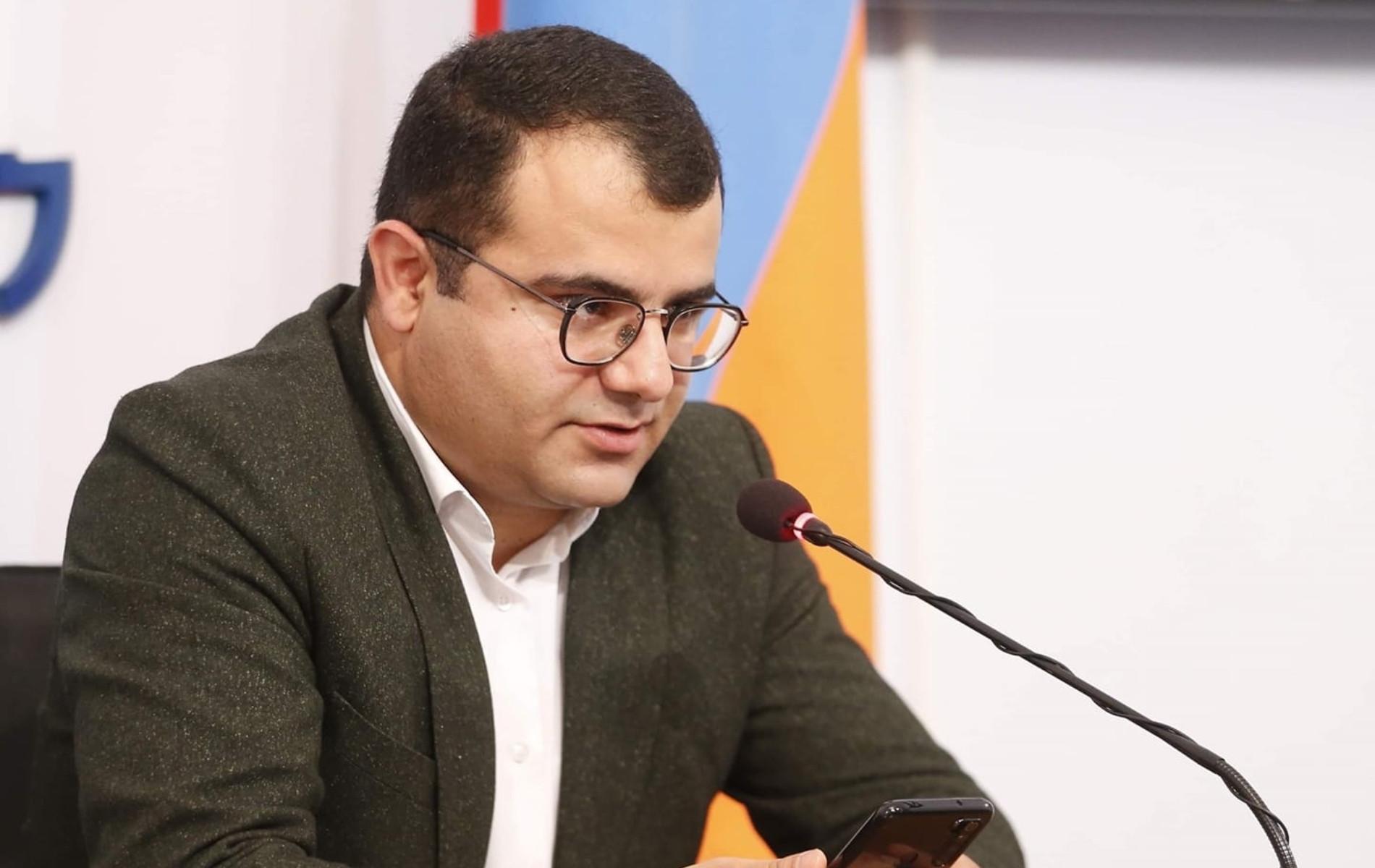“…The Frenchman put his head on my friend’s knees and wept like a child saying “in my whole life I hadn’t seen such humanity, compassion and warmth from my mother as I saw in Armenia from you. The hell with Europe”…” This is an excerpt from the interview of actor Sargis Grigoryan to the newspaper “Iravunk” issued on 26 November 2019. The same actor became known for his post on the Istanbul Convention assessing the substance of that document in the following terms: “a document bearing the name of the capital of our rival country cannot be a good one.” It is perhaps possible to forgive the actor the lack of knowledge of the capital of Turkey, which is Ankara and not Istanbul. It is also possible to forgive him the complete absence of logic in the above observation. However, it is unforgivable that people with such mentality try to inculcate stereotypes and mislead the audience through various manipulations. Meanwhile, this kind of “experts” are much demanded by certain media circles when it comes to anti-European propaganda and insisting that there is no maternal love, sex, morality and sustainable values, such as family, frienship and care for one another. And, on the contrary, anything imported from Europe is damaging and contrary to our national value system.
Moreover, these very media outlets quote the opinions of the European structures calling them highly reputable when they are necessary in support of their positions. For example, lately there have been references to the warnings and calls of the Venice Commission to the public authorities in connection with the Constitutional Court. On the other hand, the same circles are insisting incessantly that Europe is imposing some immoral laws and morality on us. For example, the newspaper “Hraparak” writes on 12 November: “…Nowadays any newcomer is showcasing lessons on what is a nation and the national. And there is no one to ask why you are bringing this sewage waters from Europe to our country and even encouraging not to stay behind the world.”
Here is another example when Europe is being identified with the LGBT people exclusively in the negative context: “... In order not to create an impression with the West that he has taken the Russian path, Pashinyan started to explicitly protect, including by taking under his personal protection, various melinehs and the “entirely European values” that they adhere to” (Iravunq, 15 November). Or “the laws imported from Europe are entirely unnatural and not serving their purpose. There is an intention to destroy the families rather than protect the homosexuals because homosexuals have always been protected…” musician Srbuhi Stamboltsyan says in the issue of 6 September of the newspaper “Iravunq.” Meanwhile, sportsman Edward Poreyan makes a further reaching conclusion in the issue of 15 November of the same newspaper: “If we must advance Europe by growing transgenders, then it means that Europe is not ours and we do not need it. Those people that want Europe in this way must understand that by playing Europe-Europe we are losing the Armenian identity, we are losing my child and your child, and his future…”
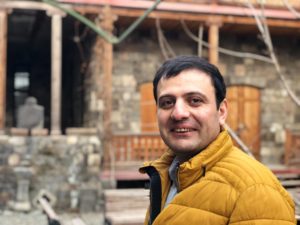 Turning a blind eye on this is extremely dangeros since this kind of distortions are spreading more and more. Writer and publicist Karen Antashyan analyses these stereotypical approaches: “The biggest myth is that we have some kind of untouchable and sacred identity and only careful preservation of this identity will make us survive. This is not the case: identity is the knowledge of the self that you possess, that you identity yourself with but this is a very conditional thing and there are times when this conditional thing serves the common good and there are times when this identity is very restrictive in that it does not allow us to lead a full and happy life.” Noting that the majority of Armenian citizens are conservative, Karen Antashyan attaches importance to expanding the framework of autonomous perceptions and giving a rethink to the former conventionalities and the past legacy, i.e. liberalisation. “In any society the collective morality and the legacy of the past, plus the will to review them are on different scales of liberalisation. Anyone or any organisation anticipating public support are always relying on one of these two forces claiming to either strengthen conservativism or, on the contrary, review it if there are such expectations in the society at that moment.”
Turning a blind eye on this is extremely dangeros since this kind of distortions are spreading more and more. Writer and publicist Karen Antashyan analyses these stereotypical approaches: “The biggest myth is that we have some kind of untouchable and sacred identity and only careful preservation of this identity will make us survive. This is not the case: identity is the knowledge of the self that you possess, that you identity yourself with but this is a very conditional thing and there are times when this conditional thing serves the common good and there are times when this identity is very restrictive in that it does not allow us to lead a full and happy life.” Noting that the majority of Armenian citizens are conservative, Karen Antashyan attaches importance to expanding the framework of autonomous perceptions and giving a rethink to the former conventionalities and the past legacy, i.e. liberalisation. “In any society the collective morality and the legacy of the past, plus the will to review them are on different scales of liberalisation. Anyone or any organisation anticipating public support are always relying on one of these two forces claiming to either strengthen conservativism or, on the contrary, review it if there are such expectations in the society at that moment.”
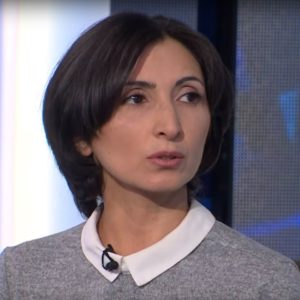 Human rights defender Zaruhi Hovhannisyan emphasizes that the gender issues as a more sensitive segment of human rights poblems are always at the heart of conflicts: “On the one hand, it is considered to be a stable indicator of the development of the society centered around the ideas of humanity, on the other hand, a threat to the destruction of traditional values. And these approaches are very often manipulated for the sake of external political and internal political problems. The fact that the international documents ratified by Armenia are part of our legal system is enshrined in our Constitution. If in the public perceptions the human being and his/her dignity is a supreme value, which again is enshrined in our Constitution, then it means that any form of discrimination, inequality and violence must be condemned in the manner prescribed by law. However, we often hear voices of resistance, which call the legal acts guaranteeing equality and non-discrimination, as well as a right to a life free from violence as acts destroying the traditional values of the Armenian society, such that destroy the Armenian family. And the conflict of these two approaches are also manifested in the context of the quest for political orientation.”
Human rights defender Zaruhi Hovhannisyan emphasizes that the gender issues as a more sensitive segment of human rights poblems are always at the heart of conflicts: “On the one hand, it is considered to be a stable indicator of the development of the society centered around the ideas of humanity, on the other hand, a threat to the destruction of traditional values. And these approaches are very often manipulated for the sake of external political and internal political problems. The fact that the international documents ratified by Armenia are part of our legal system is enshrined in our Constitution. If in the public perceptions the human being and his/her dignity is a supreme value, which again is enshrined in our Constitution, then it means that any form of discrimination, inequality and violence must be condemned in the manner prescribed by law. However, we often hear voices of resistance, which call the legal acts guaranteeing equality and non-discrimination, as well as a right to a life free from violence as acts destroying the traditional values of the Armenian society, such that destroy the Armenian family. And the conflict of these two approaches are also manifested in the context of the quest for political orientation.”
Zaruhi Hovhannisyan believes that if during the rule of the former regime the manipulations were directed at the change of the external political vector and locating Armenia in the Eurasian civilisational family, now in the post-revolutionary Armenia the target is also the new government: “This is quite convenient and a well-tried tool, which is used also against the current government, again manipulating the society deafened by informational noise and shrouded in fears and phobias,” Zaruhi Hovhannisyan notes.
Hasmik Boudaghyan
CPFE Expert


